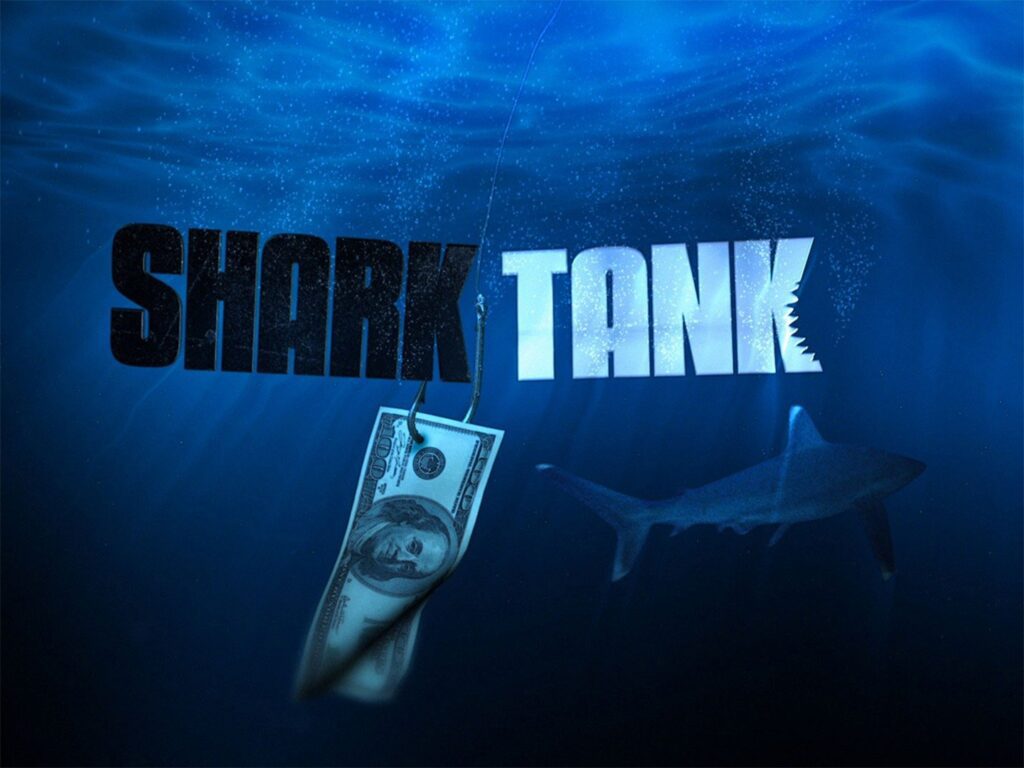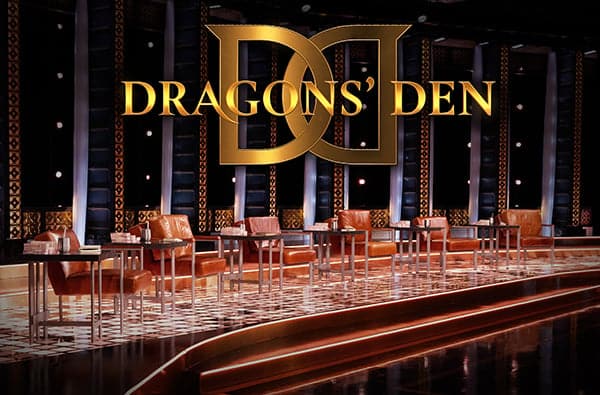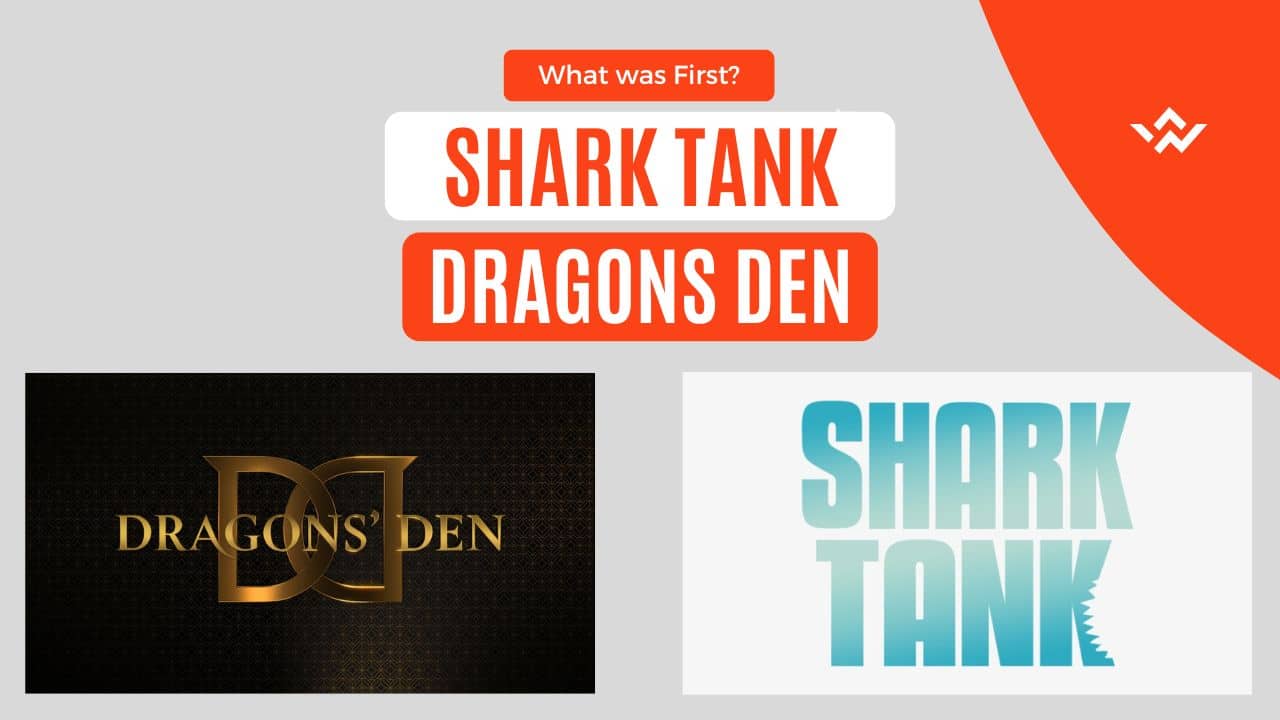“Shark Tank” and “Dragons’ Den” are popular television shows that have captivated audiences around the world with their unique format and high-stakes business deals. Both shows feature entrepreneurs pitching their business ideas to a panel of investors, known as “sharks” or “dragons,” in hopes of securing funding and partnerships to help bring their ideas to fruition.
Table of Contents
Shark Tank History
“Shark Tank,” which premiered on ABC in 2009, has become a hit in the United States and has inspired similar shows in other countries. Each episode features a diverse group of entrepreneurs pitching a variety of products and services to a panel of self-made millionaire and billionaire investors. The investors, or “sharks,” listen to the pitches and then decide whether they want to invest their own money in exchange for a percentage of ownership in the company.

The “sharks” on the show include a mix of successful businesspeople, including real estate mogul Barbara Corcoran, technology innovator Mark Cuban, and fashion and branding expert Daymond John. The show has also featured guest sharks, including actor Ashton Kutcher and Virgin Group founder Richard Branson.
In addition to providing entrepreneurs with the opportunity to secure funding, “Shark Tank” has also become a platform for showcasing innovative products and services. Many of the businesses that have appeared on the show have gone on to become successful companies, including Scrub Daddy, a sponge with a unique texture that allows it to scrub away dirt and grime without scratching surfaces, and Ring, a home security company that was acquired by Amazon for over $1 billion.
Dragons Den History
“Dragons’ Den,” which premiered in the United Kingdom in 2005, has also become a popular show in other countries, including Canada and Japan. Like “Shark Tank,” “Dragons’ Den” features entrepreneurs pitching their business ideas to a panel of investors in hopes of securing funding. The show’s panel of investors, or “dragons,” are successful businesspeople who are willing to invest their own money in exchange for a stake in the company.

The “dragons” on the show include successful entrepreneurs such as Peter Jones, Deborah Meaden, and Theo Paphitis. The show has also featured guest dragons, including Virgin Group founder Richard Branson and British business magnate Lord Sugar.
In addition to providing entrepreneurs with the opportunity to secure funding, “Dragons’ Den” has also become a platform for showcasing innovative products and services. Many of the businesses that have appeared on the show have gone on to become successful companies, including Levi Roots, a Caribbean-inspired food company, and Huel, a meal replacement company that has become popular among those looking for a convenient, nutritionally complete food alternative.
Difference
While “Shark Tank” and “Dragons’ Den” have similar formats and goals, they have some differences as well. “Shark Tank” features a larger panel of investors, with five “sharks” appearing on each episode, while “Dragons’ Den” typically features a panel of two to four “dragons.” The shows also have different approaches to negotiations and deals. “Shark Tank” features a more competitive atmosphere, with the “sharks” often vying for the best deals and attempting to outbid each other. “Dragons’ Den,” on the other hand, has a more collaborative approach, with the “dragons” often working together to make deals and offer advice and mentorship to the entrepreneurs.
Despite these differences, both “Shark Tank” and “Dragons’ Den” have proven to be popular and successful shows that have helped entrepreneurs turn their business ideas into reality. The shows have inspired and empowered countless aspiring entrepreneurs and have introduced innovative products and services to a wider audience.
Summary
In summary, “Shark Tank” and “Dragons’ Den” are popular television shows that have captivated audiences around the world with their unique format and high-stakes business deals. Both shows feature entrepreneurs pitching their business ideas to a panel of investors in hopes of securing funding and partnerships to help bring their ideas to fruition. While “Shark Tank” and “Dragons’ Den” have similar formats and goals, they have some differences as well, including the size of the panel of investors and their approaches to negotiations and deals. Despite these differences, both shows have proven to be popular and successful, inspiring and empowering aspiring entrepreneurs and introducing innovative products and services to a wider audience.

